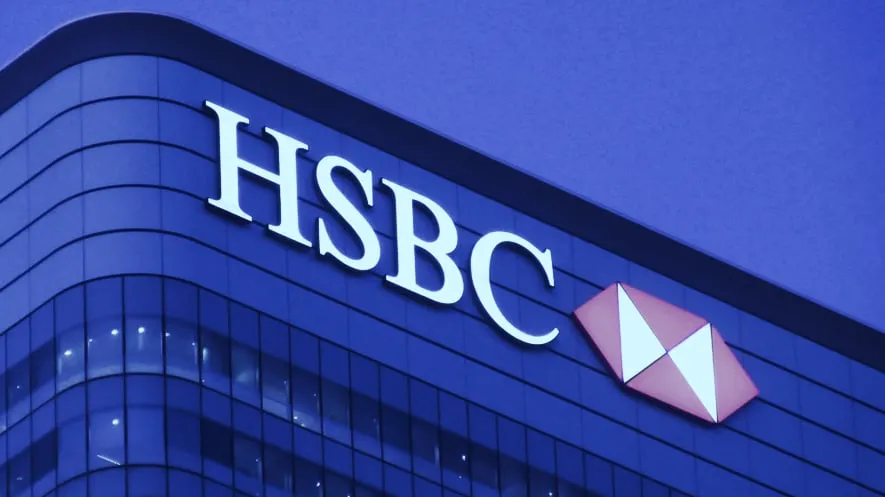In brief
- HSBC won't allow users of its investment platform to dabble in stocks tied to virtual currencies.
- Most of MicroStrategy's treasury holdings are in Bitcoin.
HSBC, one of the world’s largest banks, already blocks transfers from cryptocurrency exchanges to client accounts. It’s taken its anti-crypto policy a step further.
The bank confirmed to Reuters that it no longer allows customers to trade MicroStrategy stock due to the company’s significant Bitcoin holdings.
In an apparent March 29 message to a client on HSBC’s InvestDirect stock trading platform, the bank said it had “changed the policy on virtual currencies” and virtual currency-related products. As a result, clients can no longer purchase or transfer such assets, though they can continue to hold or sell them.
HSBC will not let clients buy Microstrategy stock due to their newly changed policy on "virtual currencies". pic.twitter.com/eP1RJIsRE1
— Documenting Bitcoin 📄 (@DocumentingBTC) April 8, 2021
“HSBC has no appetite for direct exposure to virtual currencies and limited appetite to facilitate products or securities that derive their value from VCs (virtual currencies),” HSBC said in a statement reported by Reuters today.
MicroStrategy, a publicly traded cloud software company based in the US, controls over 91,000 BTC; the cryptocurrency comprises 80% of its treasury, meaning the company’s day-to-day fortunes are contingent on Bitcoin's market price. Thus far, the strategy has worked. MicroStrategy has converted its $2.2 billion investment into closer to $5.5 billion as Bitcoin’s price has risen to record highs.
That clearly isn’t enough to convince HSBC to make MicroStrategy stock available to Canadian and British retail traders. The London-based HSBC’s approach stands in contrast to investment banks such as BNY Mellon and Morgan Stanley, which have jumped into Bitcoin trading activities. The latter even bought a 10% stake in MicroStrategy in December.
For the moment, HSBC falls firmly in the “blockchain, not Bitcoin” camp, having worked with other global banks to run a permissioned blockchain for transactions, Contour.
The timing of the move creates a tricky decision for HSBC, as it comes so close to Coinbase’s direct listing. Shares in the San Francisco-based crypto exchange begin trading on Nasdaq this Wednesday, but it’s unclear whether HSBC regards it as a virtual currency “product” given that the company’s holdings are primarily in fiat. After Coinbase reported first quarter earnings with an estimated profit of $730-$800 million, its stocks may be in high demand.
HSBC did not respond to a Decrypt request for comment.

